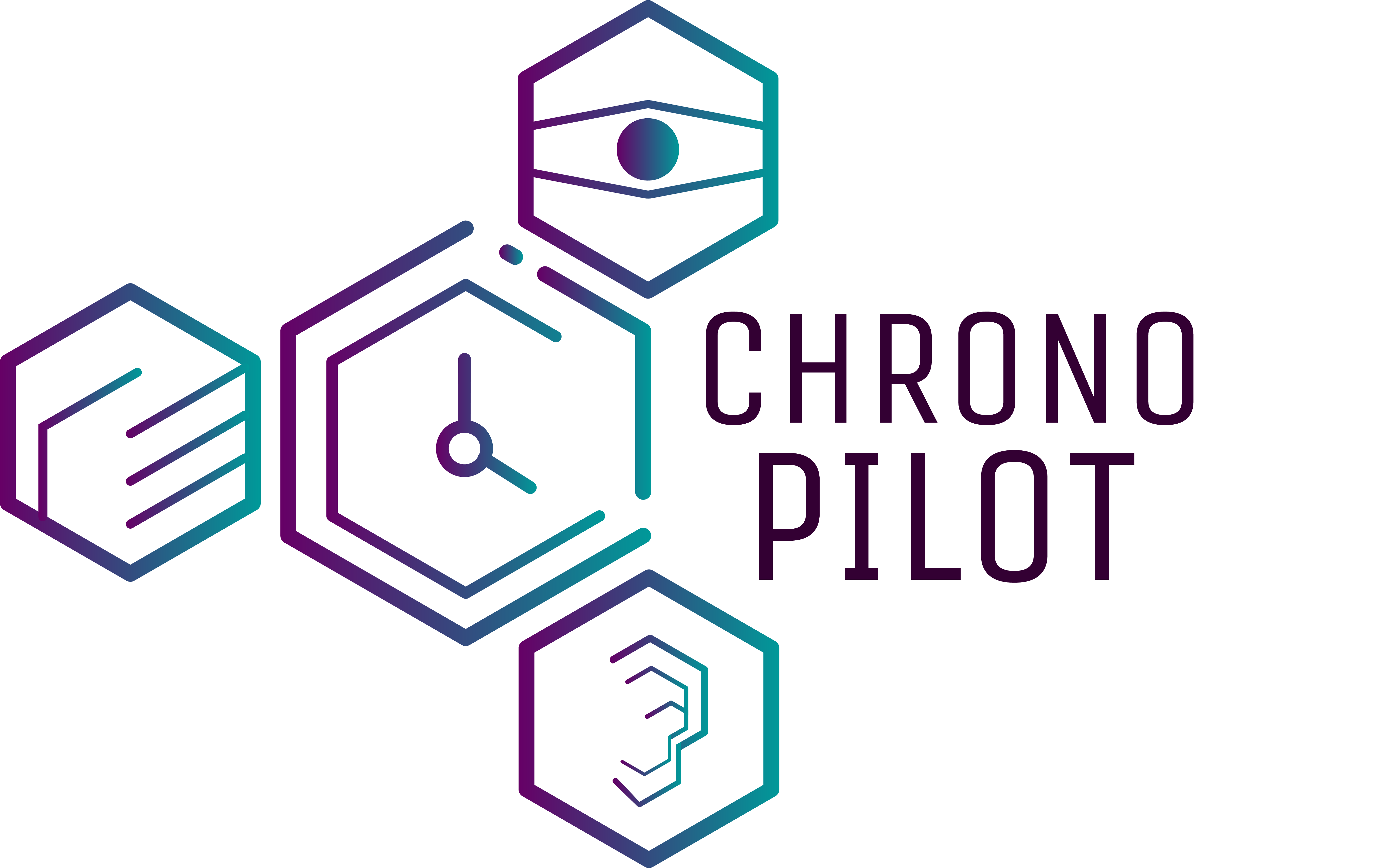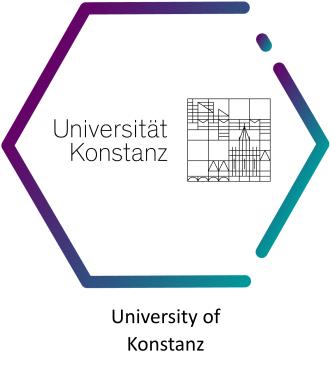
Modulating Human Subjective
Time Experience
University of Konstanz

In the Cyber-physical Systems Group, Department of Computer and Information Science at the University of Konstanz, Germany, we study large-scale mobile multi-robot systems and bio-hybrid systems (tight collaboration of natural organisms and technology). More specifically, we use methods of machine learning and evolutionary computation to synthesize robot controllers and to predict (machine) behavior. Relevant fields of research are:
- (evolutionary) swarm robotics
- bio-hybrid systems and phytosensing
- machine learning and machine behavior
- swarm intelligence

Heiko Hamann is professor for cyber-physical systems at the University of Konstanz, Germany. He was a professor of swarm robotics at the University of Lübeck, Germany from 2017 until 2022. His main research interests are swarm robotics, bio-hybrid systems, evolutionary robotics, and modeling of complex systems. In his research projects, he studies bio-hybrid systems, such as using natural plants as sensors by doing phytosensing (EU-funded project WatchPlant) and forming symbiotic relationships between robots and natural plants to produce architectural artifacts and living spaces (EU-funded project flora robotica).

Julian Kaduk has a broad engineering background reaching from interaction design over industrial automation to robotics and artificial intelligence. After completing his M.Sc. in Intelligent & Embedded Systems, he started working as a research assistant at the University of Lübeck's Institute of Computer Engineering in September 2021. His main drive is to research and innovate technology for the sustainable improvement and enhancement of human lives. With his passion and diverse background, he focuses on combining human perception and interaction with robotics. Human-Robot Collaboration and Human-Swarm Interaction through Augmented Reality within intelligent environments are central for him.
Till Aust is a graduate of the University of Lübeck, where he received his Master’s degree in 2022 in the field of Swarm Robotics and Artificial Intelligence. Following his graduation, he joined the project ChronoPilot, to model human time perception using machine learning techniques and robot swarms. With his background and interests in these fields, Till Aust wants to contribute to and further develop the field of Human-Swarm Interaction.